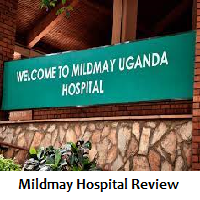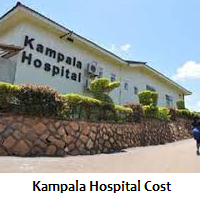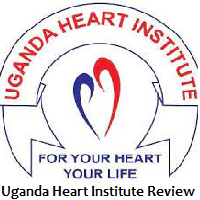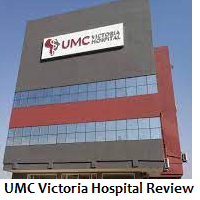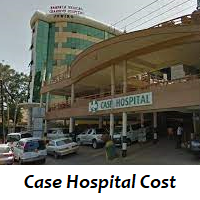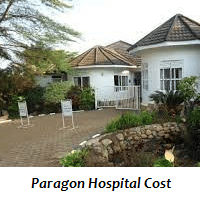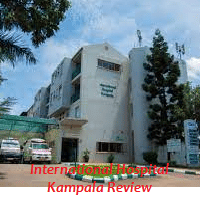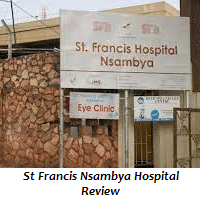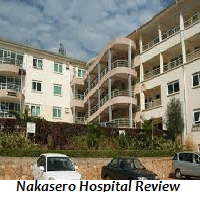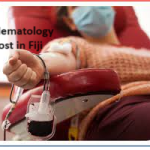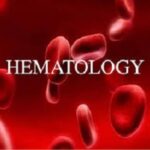Hematology in Uganda
Hematologic Cancerous Diseases are the fourth most common diseases in Uganda. The Ugandan population suffers from leukemia, Sickle Cell Disease, and other hematologic diseases. Earlier, the condition of hospitals in Uganda was not good. They lacked advanced technologies, and experts were not well-trained and experienced. But later, because of many programs and government initiatives, Uganda provides the best treatment for Cancerous disease by performing successful Bone Marrow Transplants and other procedures. The Hematology cost in Uganda is affordable, and treatments are cheaper compared to other countries because of the now Ugandan hospitals have experts within the hospitals.
History of Hematology in Uganda:
Uganda Cancer Institute (UCI) plays an important role in the Ugandan history of treatments of Hematologic Diseases. UCI is a public health center in Uganda. UCI’s primary focus is research, consultation, and education on cancer treatment in pediatrics, oncology, gynecology, radiotherapy, and bone marrow transplants. The first step towards developing hematology treatments in Uganda was building Lymphoma Treatment Centre (LTC) in August 1967.
An agreement was made between the NCI and Makerere University, the largest tertiary institution in Uganda, to establish a lymphoma clinic in one of the few remaining structures that once served as the old Mulago Hospital. The patients could stay longer for treatment and observation at this location. The old Mulago hospital’s 18-bed ward was converted into the lymphoma treatment center.
Slowly with the success of the Lymphoma Treatment Centre, UCI started with the Solid Tumor Centre (STC) in 1969. With the help of top surgeons, both centers were connected to provide the best services to patients suffering from cancerous diseases.


